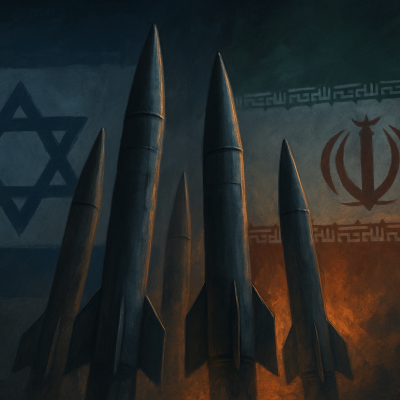By Sayed Ghoneim..
Analysts differed on their views concerning Saudi Arabia, UAE, Bahrain, Egypt and other countries that cut ties with Qatar; however, my point of view that there are three main reasons for this issue.
The first reason is Qatar’s behavior towards Iran, considering it a regional power Muslim state that can maintain the balance of the region, the story which is obviously against Saudi, Emirate and Bahrain concept. Obviously this reason is declared and not new to the monitors.
The second reason is related to Qatar’s support for the political Islam organizations such as al-Qaeda, ISIS, Muslim Brotherhood and others, which are proscribed as terrorist organizations by the international community. This reason is also declared and not surprise to the monitors as well.
The third reason is the political and economic Gulf / Gulf competition. The Middle East and North Africa (MENA) regions have witnessed in during the past few years several indicators to political and economic competitions between KSA and UAE on a side and Qatar on the other side.
Politically: Recently Saudi Arabia along with several countries in the region have taken serious steps to normalize their relations with Israel (the most important ally of The U.s.), where Saudi Arabia seeks to be the alternative to Qatar in various political issues with Israel, expanding its regional influence garuanteeing the The U.S. support, which may push Qatar to lean to the side of China and Russia as Turkey did before. in Libya, the UAE also seeks to impose its political influence in Benghazi confronting Qatar’s role in Tripoli.
Economically: Emirate/ Qatar’s competition for wealth in Libya, in addition to the Qatar’s rivalries to Saudi Arabia in several huge investments such as gas fields. This reason is not declared but should be obvious to all.
As for the question of (Why now?), the direvt answer is: “the current change of the US administration”, specifically the U.S. President Donald Trump, who’s against his predecessor “Barak Obama” in all matters. One of Obama’s ideas was to avoid tension between the Gulf states and Iran, trying to ensure balance of power and stability in the region. Obviously, Obama’s ideology was in line with Qatar’s ideology, but not in line with KSA, UAE and Bahrain’s. Obama’s administration was also in line with Qatar to support the political Islam project represented of the Muslim Brotherhood to rule all Arab countries suffer from dictatorship. Qatar has supported this project by huge fund and media means, meanwhile Turkey has politically supported it.
On the other hand, Obama has escalated the issue of the Russian intervention in the U.S. presidential election supporting Trump; that’s why revenge and protective counterattacks by Trump appeared as third main reason of this issue. In brief, condemning Qatar for supporting terrorism means condemning Obama and his administration for the same reason.
I think that all what’s going on now, including decisions taken before, during and after the Riyadh summits were agreed and prepared for actions by all beneficiaries are not that recent. Political movements are not by accident and cannot be considered as a result of the moment.
All of the above are subject to three possibilities:
First: The (Gulf / Qatari) consensual reconciliation, which is the most likely option.
Second: Prince Tamim’s stepping down by himself or stepping out by his family, by Qatar’s people or by possible Saudi intervention.
Third: Tamim’s insistence on his position in line with the regular and the new supporting countries.
Concerning the internal situation in Qatar, Saudi Arabia and U.S.:
In Qatar: As the possibility of the fall of Al-Thani regime in Qatar could be likely; the support of Iran, Turkey, Russia and the current Iraqi government is also possible to increase.
In Saudi Arabia: The increasing possible threat of the Saudi Prince competing on Saudi crown (Mohamed Bin Naief) against Crown Prince Mohamed Bin Salman; bearing in mind that Mohamed Bin Naief is a close friend to Qatar’s Ruler (Prince Tamim Bin Hamad al-Thani).
In the U.S.: The growing internal pressure on Trump threatening his situation.
MG (Retired). Sayed Ghoneim





